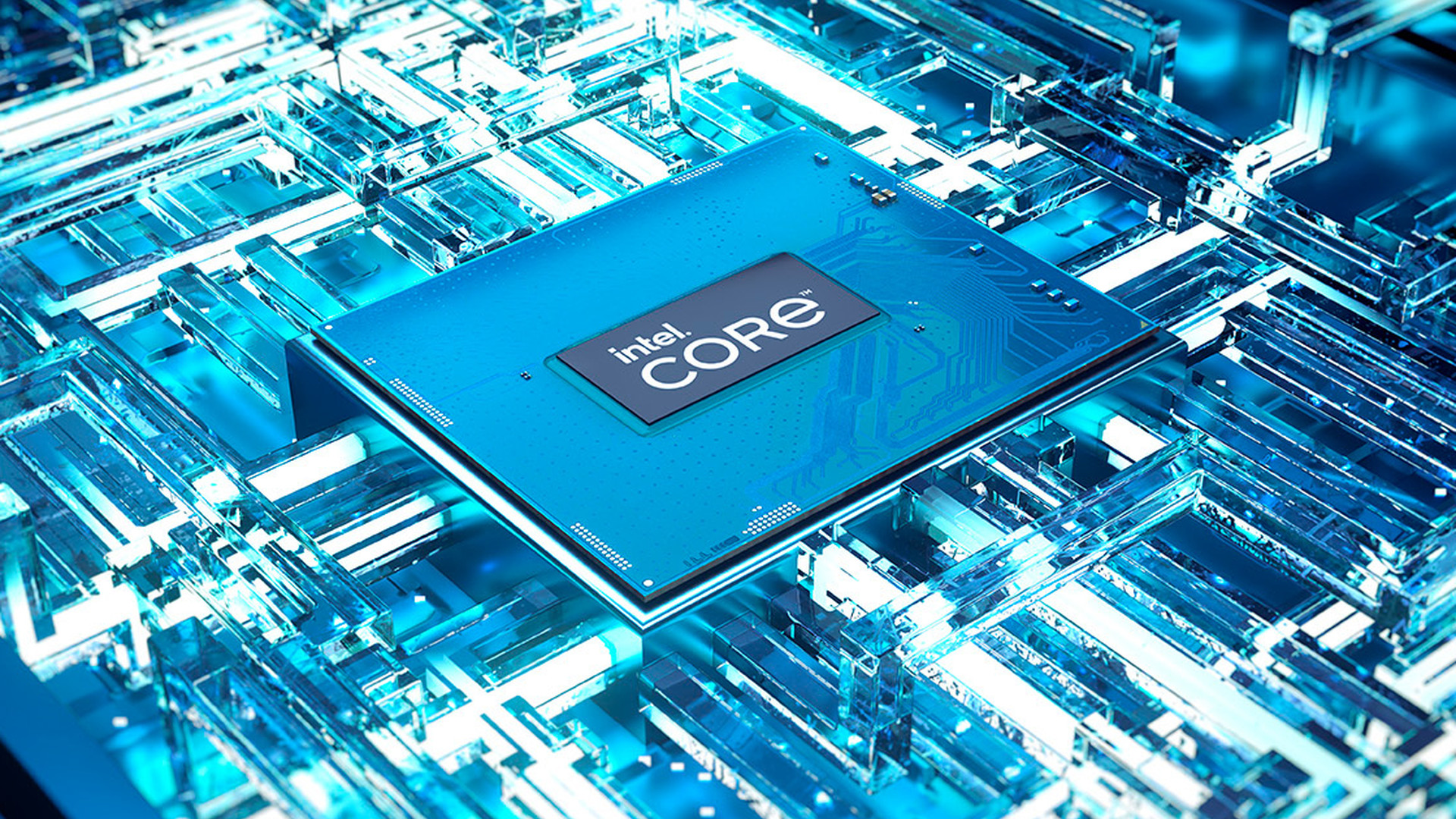A first salvo of 6 new processors Raptor Lake Refresh is expected in late October, followed by others in early 2024.
The release of the Raptor Lake Refresh range next fall is no longer in doubt. Intel itself does not hide it. On the other hand, the company is still reluctant to talk about specifications.
6 processors for the end of October?
Rumors after rumors, said specifications are becoming clearer despite everything, even if we observe some changes compared to what had been mentioned previously. So go the rumours…
At the moment, everything suggests that the first salvo of Raptor Lake Refresh processors will concern the K and KF ranges, which are characterized by their unlocked multiplier coefficient. The former, on the other hand, have an integrated graphics solution, while the latter do not.
These first two ranges still seem scheduled for release in week 42 of the calendar, which means between October 17 and 23 of this year. A second salvo, with non-K chips at a TDP of 65 watts, is expected early next year.
+ 200 MHz “on all floors”
Relayed by VideoCardzthe latest information comes to us from Benchlife, a regular of this kind of leaks which today claims to have the (almost) complete specifications of the K series.
As you can see from the table above, there will be 3 processors ranging from Core i5-14600K to Core i9-14900K, passing through Core i7-14700K. First surprise, contrary to what a previous rumor claimed, the 14600K would not see any increase in its number of cores compared to the 13600K. We would therefore remain at 6 efficient cores and 8 efficient cores. On the other hand, there is indeed talk of an increase in the boost frequency to 5.3 GHz (against 5.1 GHz).
This 200 MHz increase is found on the other two chips in the range. The 14900K thus goes to 6 GHz in boost (compared to 5.8 GHz on the 13900K), and the 14700K reaches 5.6 GHz (compared to 5.4 GHz on the 13700K). The latter is the only one to see its “organization” modified. Benchlife confirms the switch to 8 efficient cores and 12 efficient cores (compared to 8P+8E on the 13700K) and, in fact, to a cache of 33 MB (compared to 30 MB).
Source : VideoCardz

1